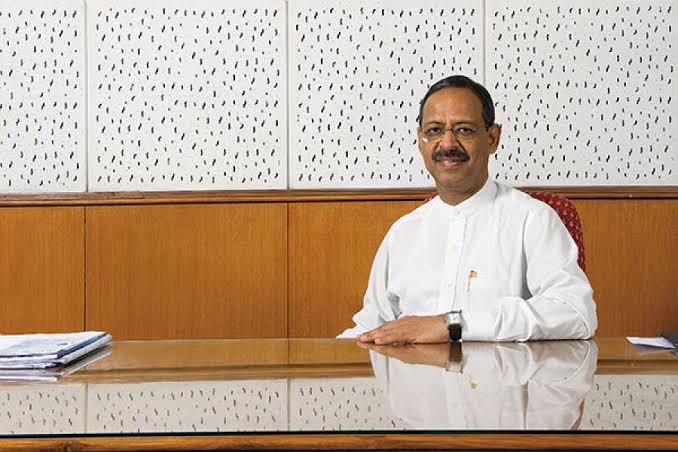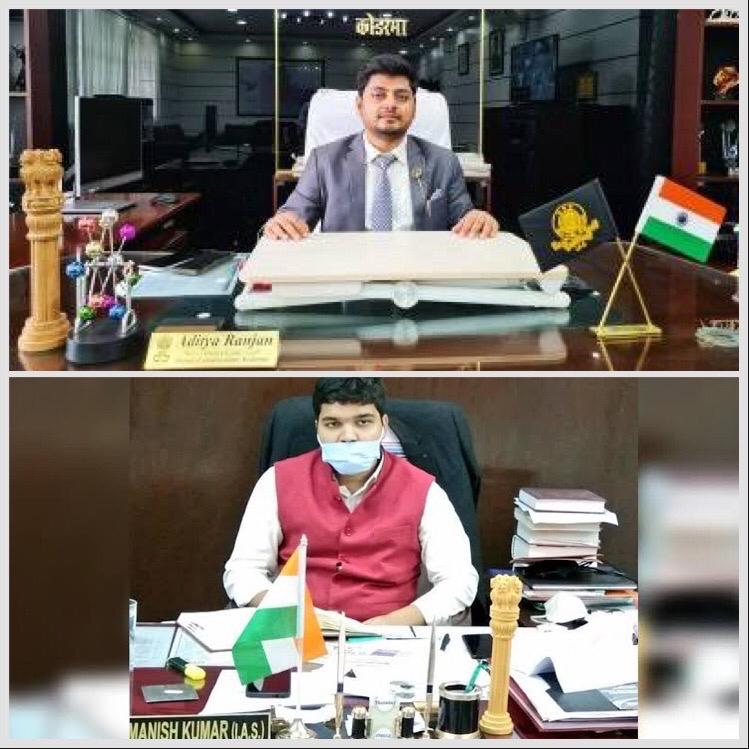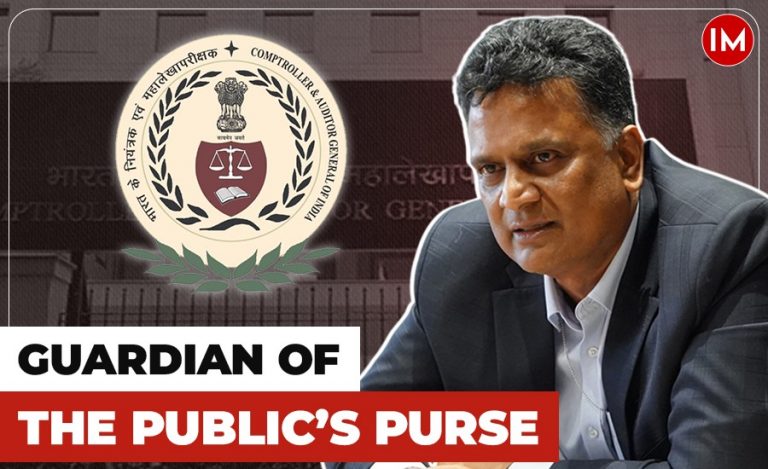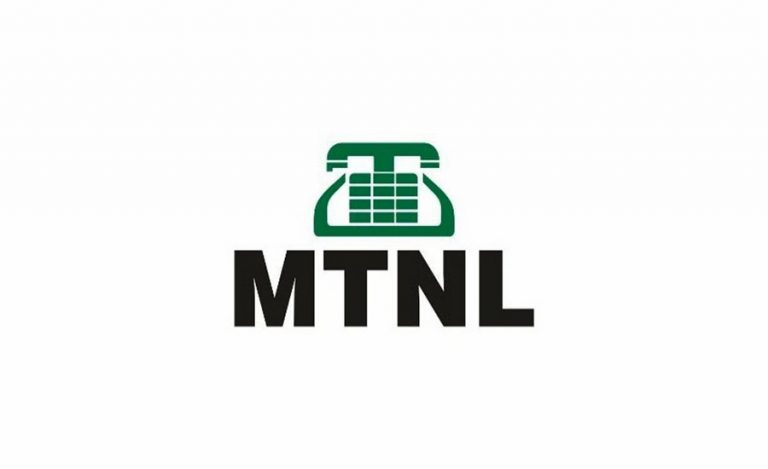Koderma district, one of the most backward ones, has created history by becoming the first-ever district to secure the first rank among all the districts of Jharkhand by performing exceptionally well in both the board exams (10th and 12th, science). District administration’s initiative called Project RAIL (Regular Assessment for Improved Learning) had a major role in ensuring that the students of Koderma district were well prepared and confident to appear for the exams despite the gaps that were created due to the Covid shutdown. Deputy Commissioner of Koderma, Aditya Ranjan, and his team were instrumental in achieving this feat.
WEEKLY TESTS INTRODUCED
Consequent to the reopening of schools after their forced closure on account of Covid, students were very puzzled about the uncertainties around the board exams and the newly introduced pattern by JAC. Project RAIL was started with a vision to ensure students’ readiness and remove the fear of exams for board aspirants through weekly tests. The project successfully helped bridge the learning gap created by school closure due to Covid.

The initiative was piloted in selected five schools targeting 6,000 students of Koderma block. After achieving positive outcomes at the pilot stage, the initiative was then scaled up in all schools of Koderma, and more than 12,000 students became part of the project. A series of weekly tests were conducted on school premises for the board aspirants which gave them a simulation of board exams. This was followed by conducting pre-board exams as the dates of exams drew closer. Results of weekly tests were shared with students to help them assess their performance, and plan preparations accordingly.
TEAMS FORMED
A team under Project RAIL was formed, which ensured smooth and timely implementation of all activities:
⁕ Steering team: It was responsible for the block-wise division of schools to gauge the overall status of the project.
⁕ Examination team: It comprised principals and teachers of various schools who were responsible for designing and conducting weekly tests. They were also responsible for ensuring that students were informed about their performance after each test and that results were shared with them.
⁕ Monitoring team: It was responsible to monitor the entire process and maintain records of every examination for further analysis. Along with this, effective implementation of tests and activities under Project RAIL was ensured by visits and review meetings conducted by the deputy commissioner and sub-divisional magistrate themselves.
PTA AND COUNSELING SESSIONS ADDED
Parents were also included in the entire process through regular parent-teacher meetings and counselling sessions. Targeted attention was given to weaker students through remedial classes, and additional support was provided to brilliant students to help them further improve their performance.
Benefits:

⁕ Timely syllabus completion in all schools ensured no mad rush during March when usually schools are in a hurry to finish the examination portion.
⁕ As schools lack teachers of all subjects, practice of those subjects was also ensured where there was a shortage of subject teachers.
⁕ Student attendance on test days improved drastically.
⁕ Meaningful parent-teacher meetings were conducted, with specific discussion on their child’s performance.
⁕ Unlike the traditional one-way teaching-listening practiced in government schools, students got the opportunity to practice writing and active learning.
⁕ Uniformity in syllabus throughout the district made monitoring of performance easy.
⁕ As students appeared for tests every week and solved various test papers, it helped them mitigate fear of exams.
⁕ Discussions after tests, along with the feedback given to them by their teachers, helped them assess their performance and realise the mistakes they were making. This was a new practice in a government set-up.
⁕ Profiles of students and their performance were maintained for targeted attention. Those performing well were offered additional support post-school hours to improve further. Similarly, weaker students were also helped through remedial classes
⁕ Overall, the entire initiative gave rise to healthy competition amongst schools to perform better in each test drive, and teachers were motivated to work for outcomes.
TWO YOUNG OFFICERS TURNED IT AROUND
The difference between pass percentage secured by Koderma district (Rank 1) and Hazaribagh district (Rank 2) is 0.8 per cent, which is significant as compared to the difference between pass percentages of districts of other rankings. Two young officers — Aditya Ranjan (District Magistrate) and Manish Kumar (Sub-Divisional Magistrate) — took upon themselves to bring about this transformation in school education. They and their committed team present a wonderful example of Nexus of Good as they managed to provide a model that is not merely replicable but scalable as well with public-private partnership.
(This article has been written by Anil Swarup, Former Coal Secretary to the Government of India, as part of his ‘Nexus of Good’ series.)



































